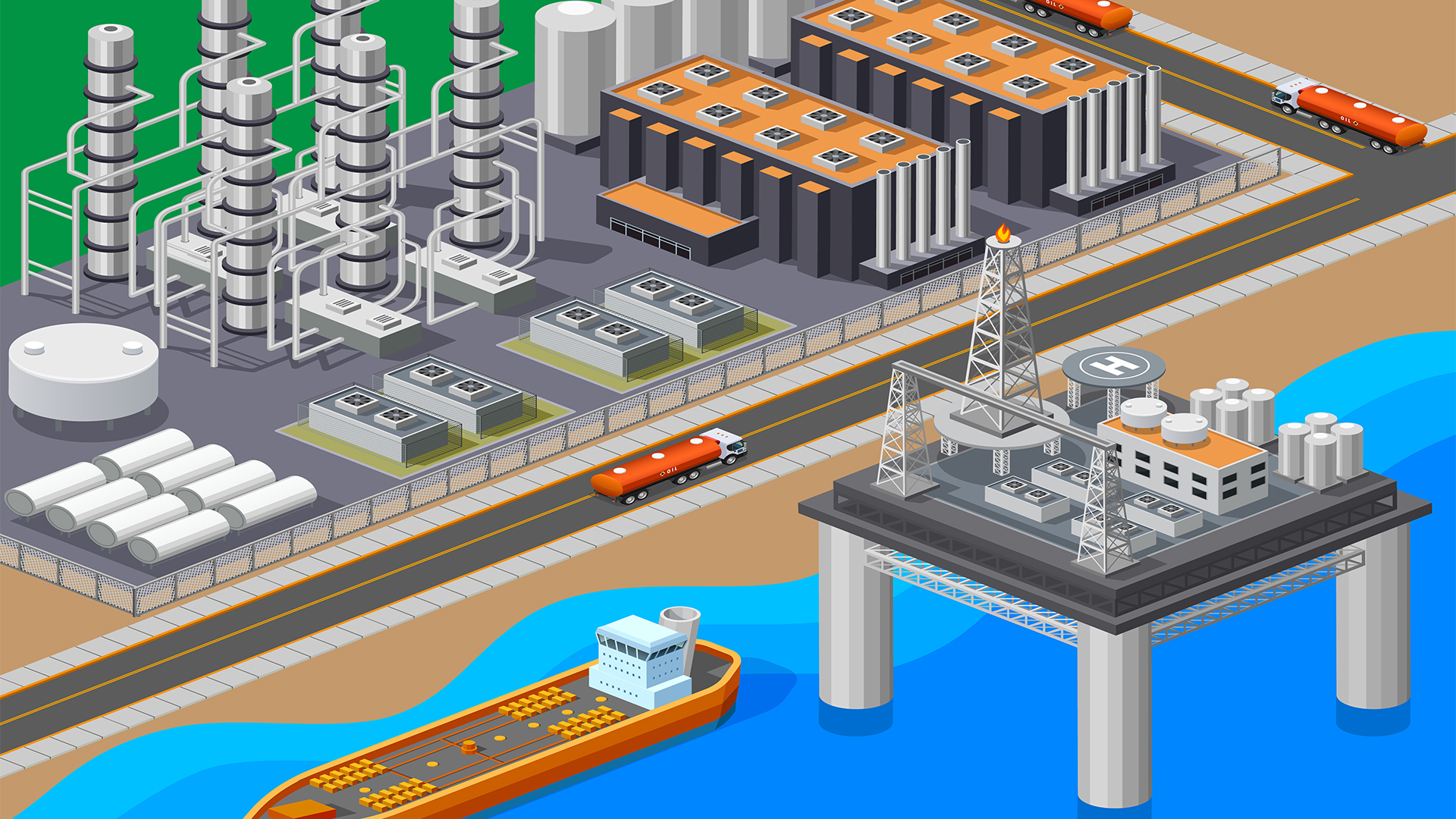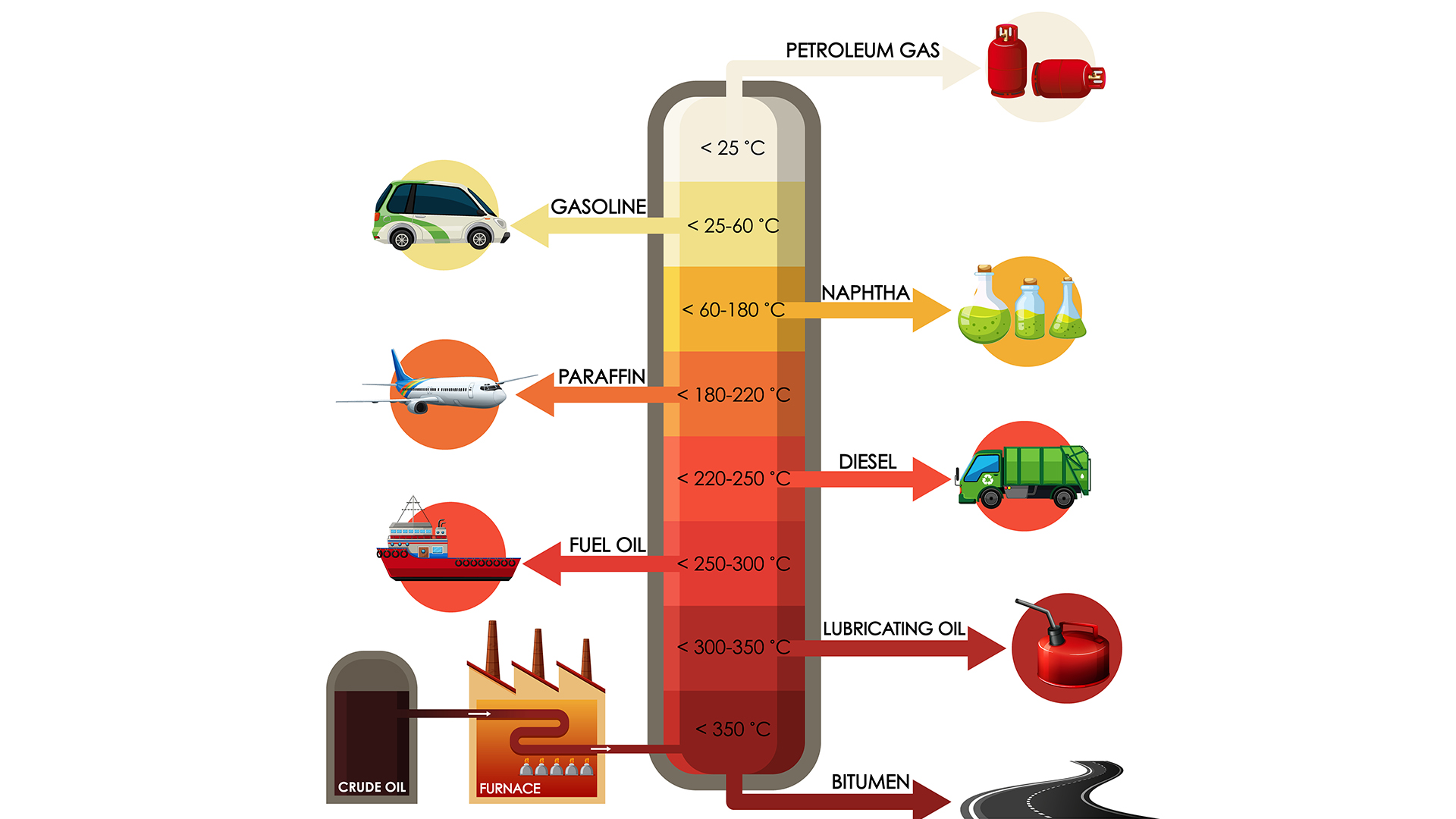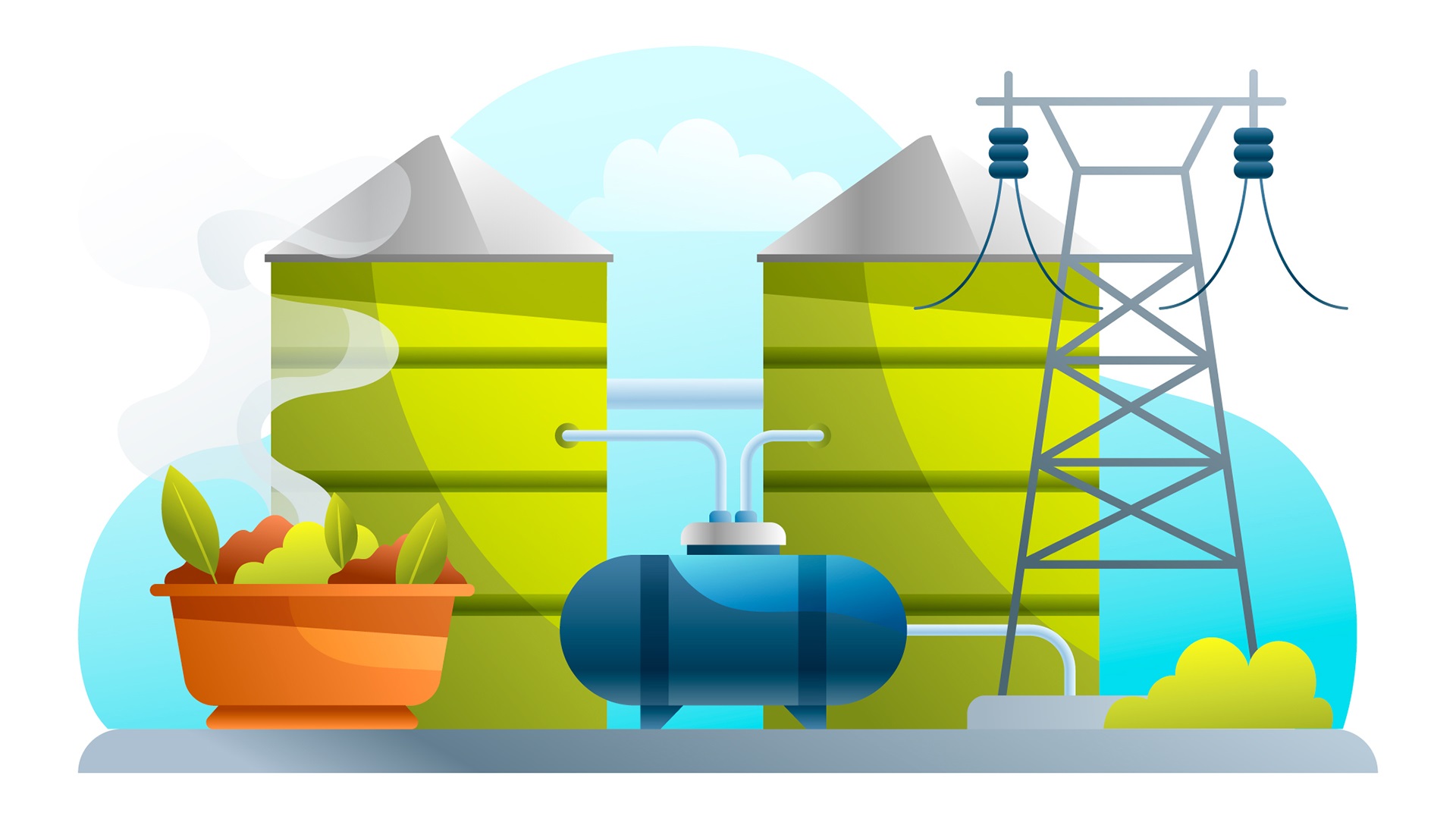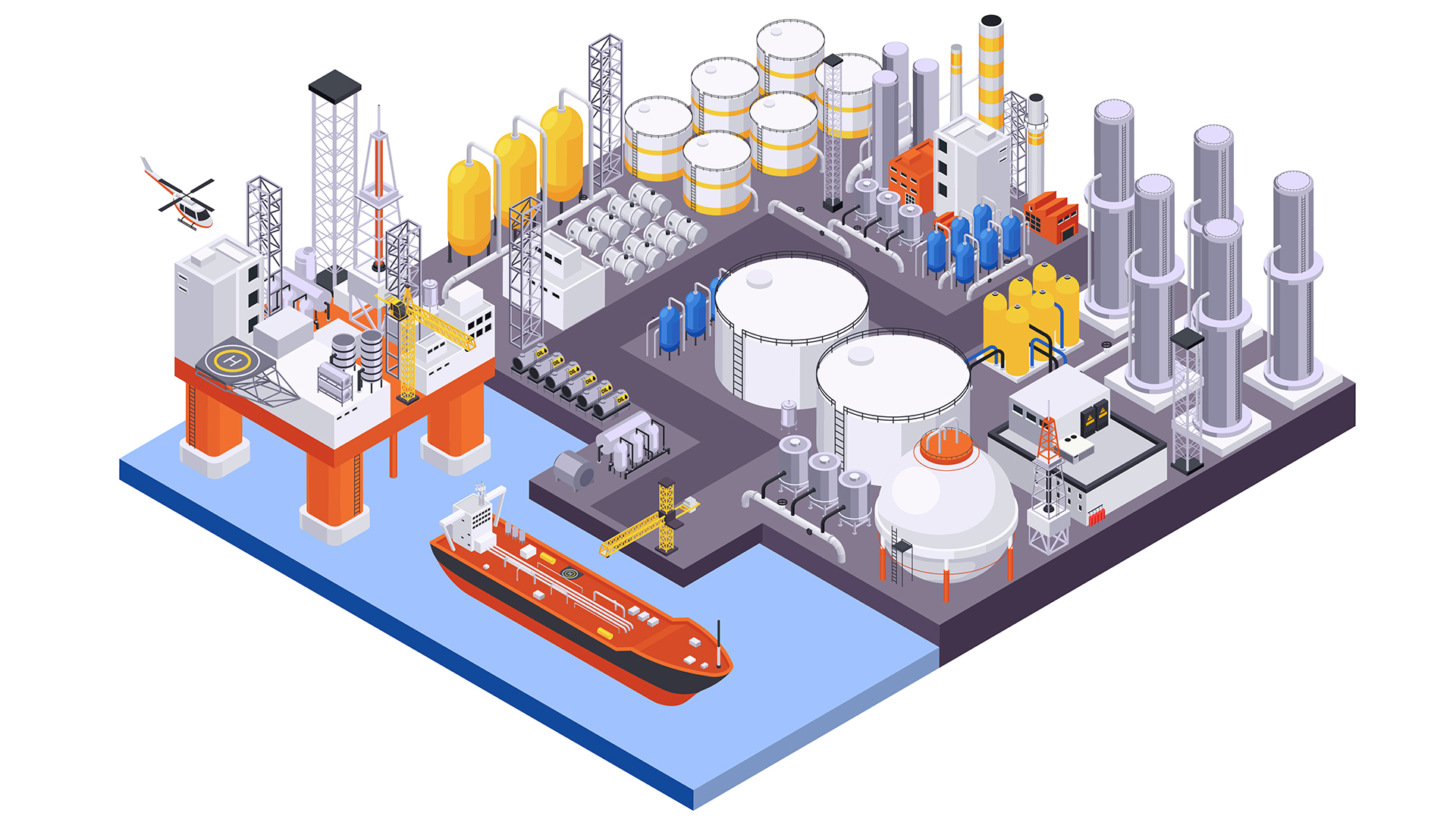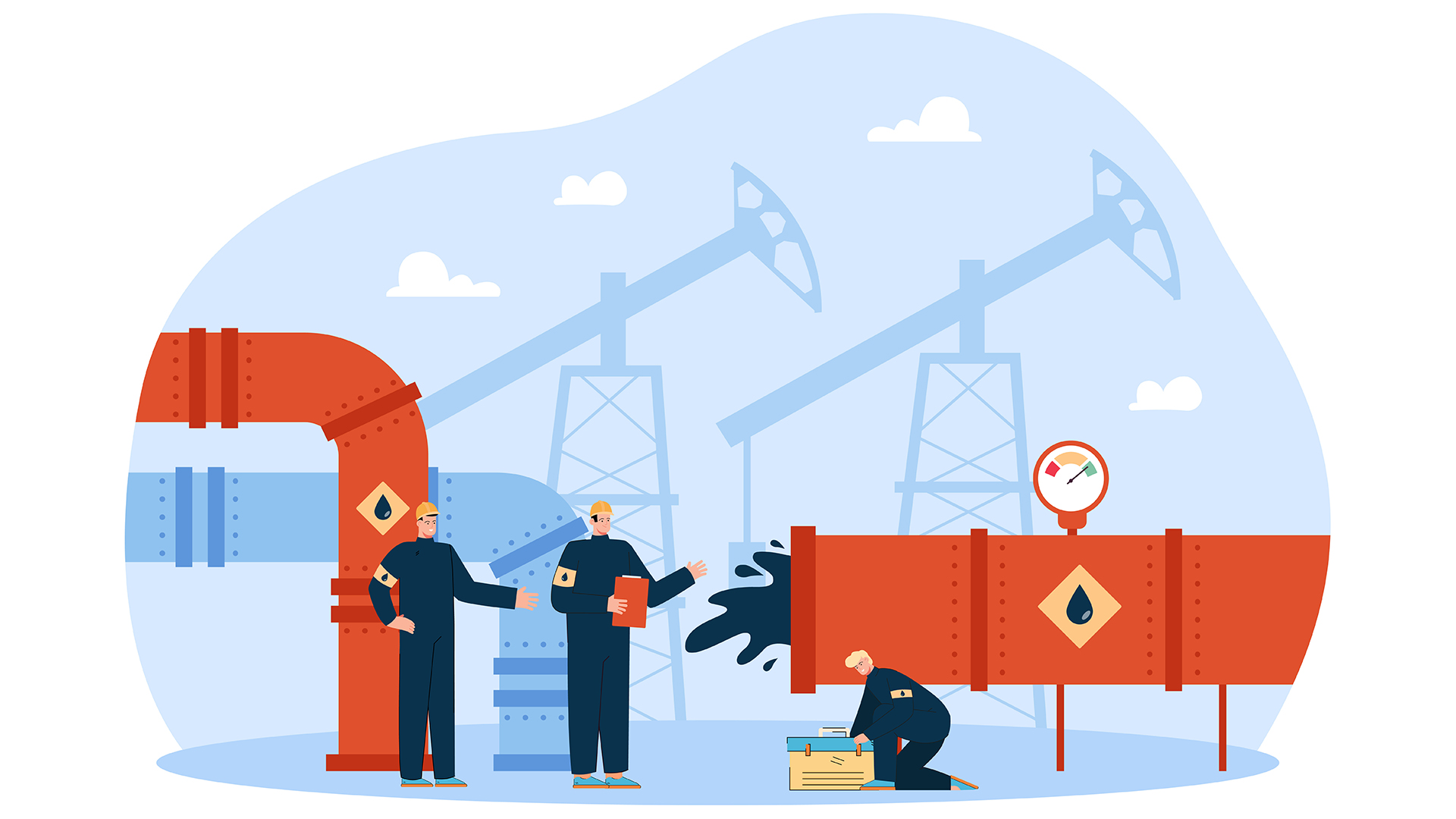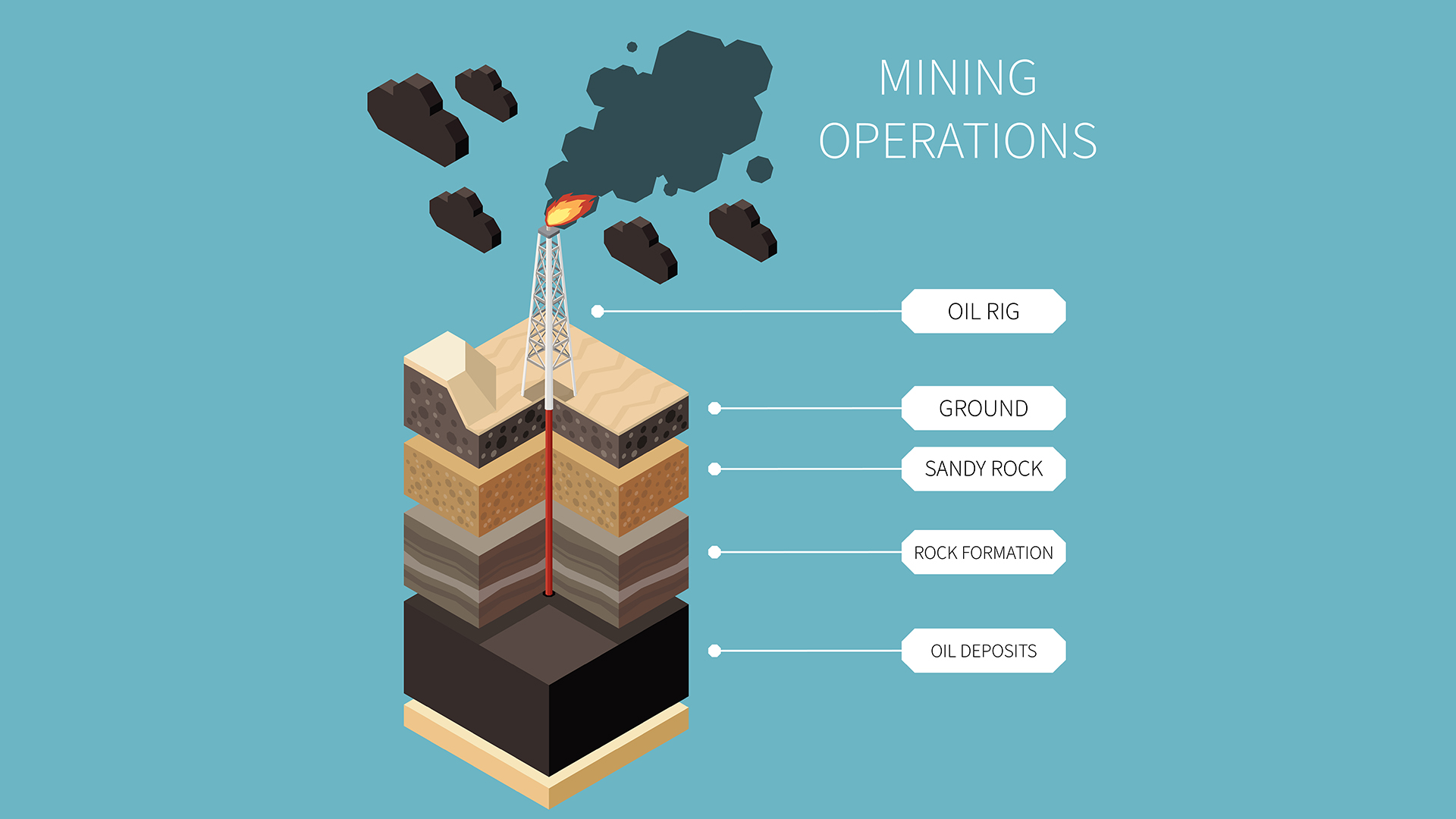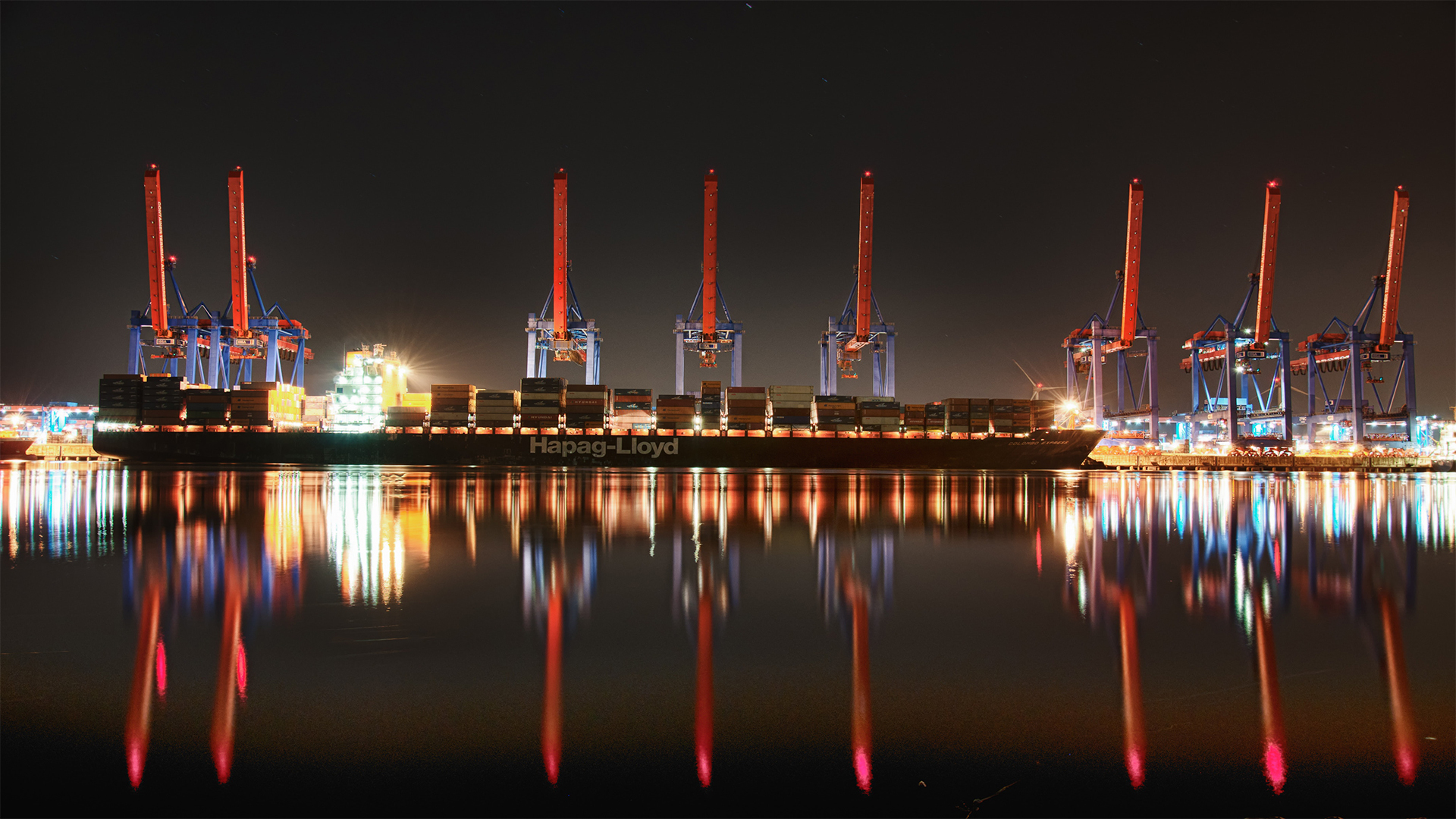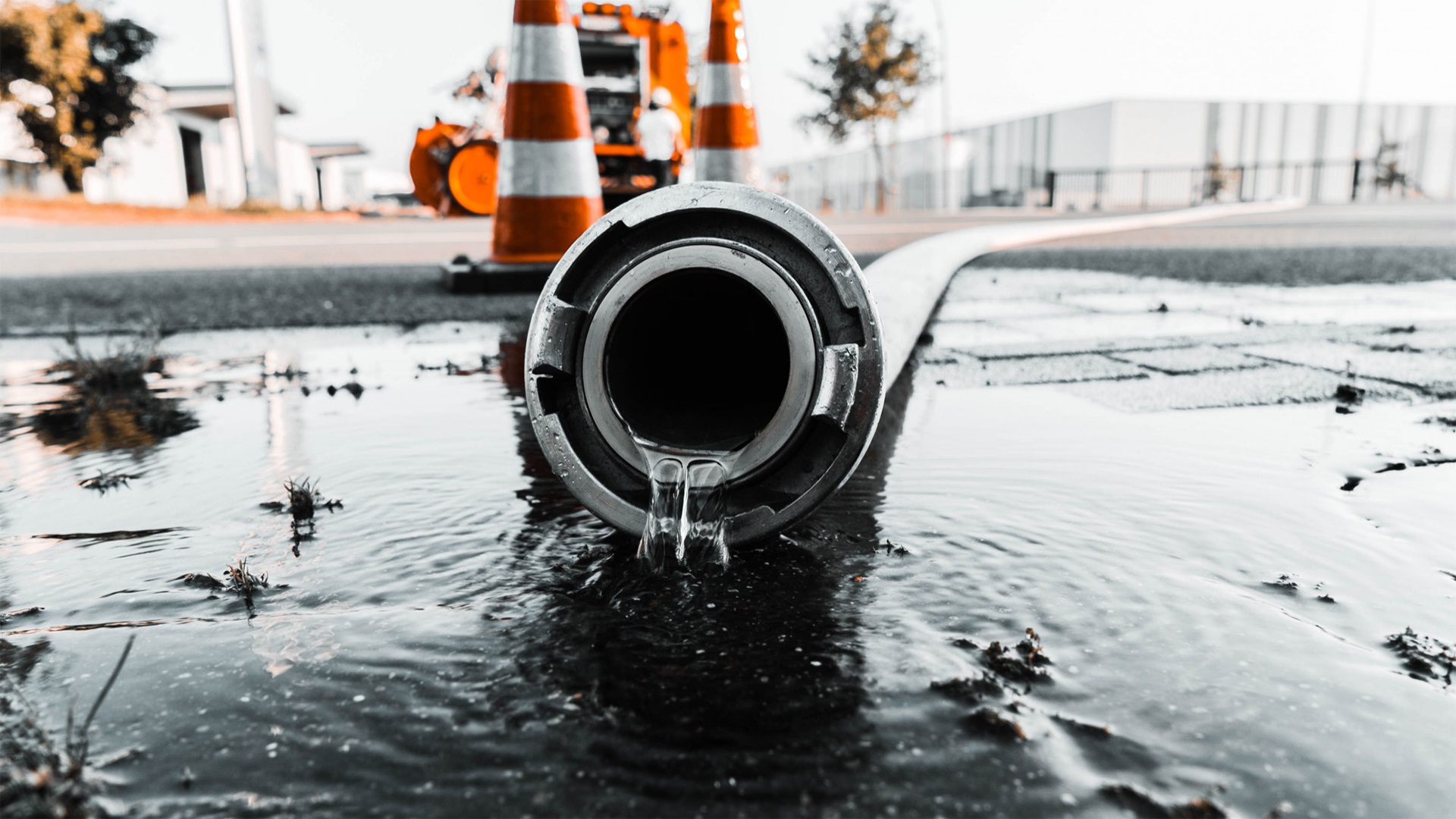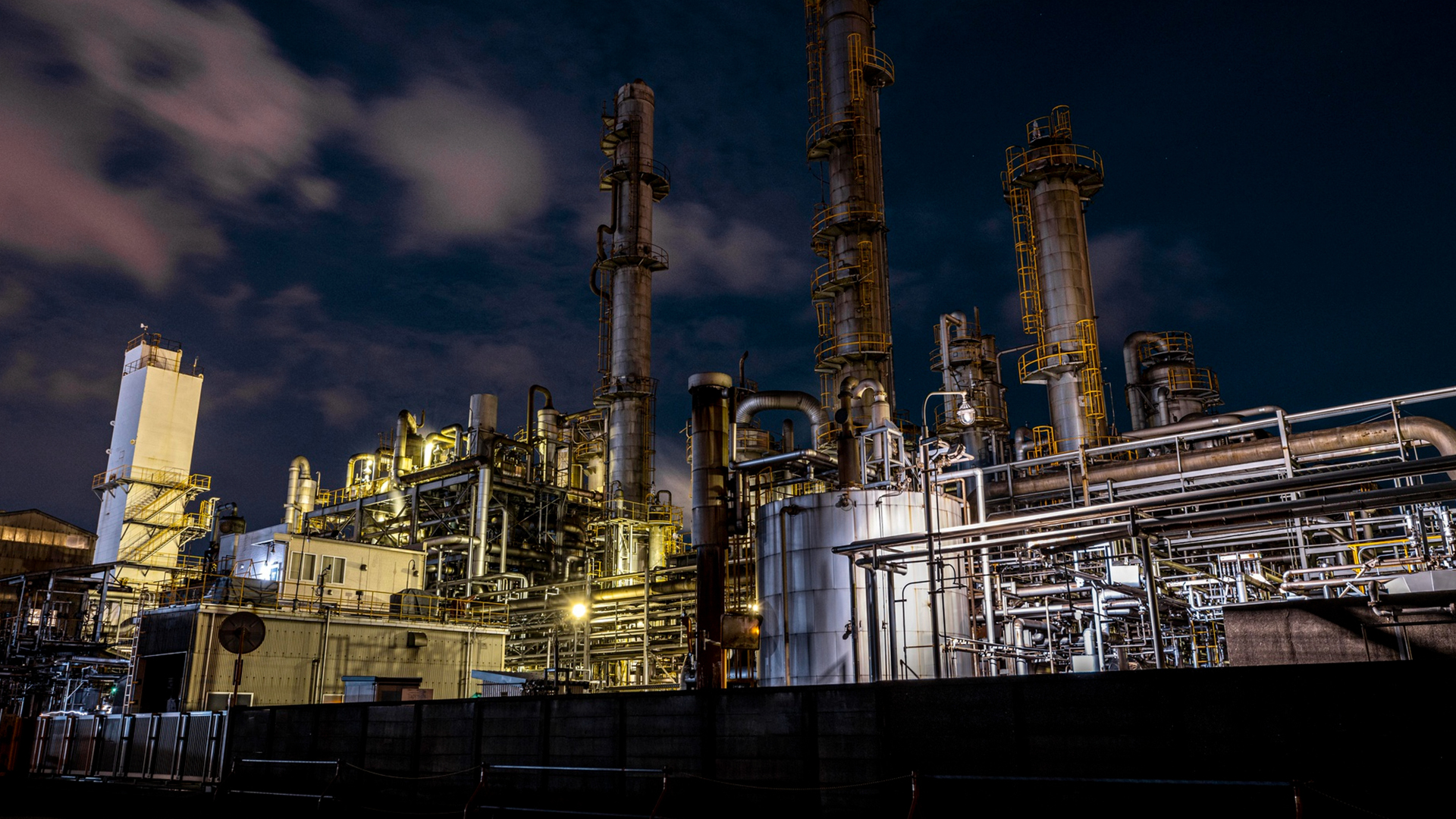
Ultimate Guide To Petroleum Engineering
Course overview
Petroleum engineering: what is it? All operations involving the production of hydrocarbons, primarily crude oil and natural gas, are referred to as petroleum engineering. The upstream portion of the oil and gas value chain consists of two essential processes: exploration and production.
Together, geologists and petroleum engineers work to maintain the health of reservoirs and prevent resource depletion. Petroleum engineering is significant and involves a variety of operations, thus it necessitates expertise from many different academic fields. Therefore, enrolling in numerous training programs is necessary to pursue a career in petroleum engineering.t
Participants will be equipped with thorough knowledge and information about all facets of petroleum engineering after taking this Training Bee training course. You will gain all the necessary skills to take on senior roles and responsibilities in this field by completing this course, proving your talent and potential and opening up a number of options to advance your career more quickly.
Introduction
A specialized training program called an increased Petroleum Engineering Training Course is intended to give professionals in the field of petroleum engineering increased knowledge and abilities. People who already have a foundation in petroleum engineering and want to increase their knowledge in this intricate and ever-changing field are usually the target audience for this course. Numerous complex themes and techniques related to the discovery, extraction, and administration of hydrocarbon resources are covered in this course.
Advanced Petroleum Engineering Training Courses are usually intended for professionals that want to specialize in the petroleum industry or develop in their career. They offer a venue for keeping up with business trends and learning the cutting-edge skills required to succeed in this constantly changing market.
We are The Training Bee, a global training and education firm providing services in many countries. We are specialized in capacity building and talent development solutions for individuals and organizations, with our highly customized programs and training sessions.
Learning Objectives
Upon completing Master class in Petroleum Engineering, participants will be able to:
- Total understanding and expertise in every facet of petroleum engineering.
- Demonstrate one’s capacity to take on higher roles and responsibilities by possessing the necessary skill set and abilities to manage any function or process related to the production of hydrocarbons.
- The self-assurance and experience required to mentor and guide other experts in implementing best practices in petroleum engineering.
- The assurance of professional advancement both inside and outside the company by having the self-assurance and expertise to manage petroleum engineering end-to-end activities.
- Knowledge of the different methods that can be used to increase the efficiency of operations and boost operational productivity.
- The assurance and competence needed to operate with recently developed technical procedures in order to accelerate the production of hydrocarbons
Our Unique Training Methodology
This interactive course comprises the following training methods:
- Journaling – This consists of setting a timer and letting your thoughts flow, unedited and unscripted recording events, ideas, and thoughts over a while, related to the topic.
- Social learning – Information and expertise exchanged amongst peers via computer-based technologies and interactive conversations including Blogging, instant messaging, and forums for debate in groups.
- Project-based learning
- Mind mapping and brainstorming – A session will be carried out between participants to uncover unique ideas, thoughts, and opinions having a quality discussion.
- Interactive sessions – The course will use informative lectures to introduce key concepts and theories related to the topic.
- Presentations – Participants will be presented with multimedia tools such as videos and graphics to enhance learning. These will be delivered engagingly and interactively.
Training Medium
This Master class in Petroleum Engineering training is designed in a way that it can be delivered face-to-face and virtually.
Course Duration
This training is versatile in its delivery. The training can be delivered as a full-fledged 40-hour training program or a 15- hours crash course covering 5 hours of content each day over 3 days
Pre-course Assessment
Before you enroll in this course all we wanted to know is your exact mindset and your way of thinking.
For that, we have designed this questionnaire attached below.
- How long have you worked in the field of petroleum engineering, and what is your educational and professional background in this area?
- Could you give a quick overview of your current position and duties in the subject of petroleum engineering, mentioning any particular specialties or areas of emphasis?
- What are the main obstacles and prospects that you observe in the petroleum engineering sector at this time, and how do they connect to your position now or in the future?
- Have you ever had any official training or education in petroleum engineering? If yes, what particular subjects or areas were addressed in those courses?
- In this advanced training course, what specific topics or areas of petroleum engineering do you expect to develop a deeper grasp of?
Course Modules
This Master class in Petroleum Engineering covers the following topics for understanding the essentials of the Agile Workplace:
Module 1 – Synopsis of Petroleum
- Composition
- Characteristics
- Uses
Module 2 – Process of Petroleum Development
- Phase of exploration
- Evaluation phase
- Phase of development
- Manufacturing stage
- Phase of Decommissioning and Abandonment
Module 3 – Steps in Petroleum Engineering in Broad
- Diagnosis
- Cytogenesis
- Met agenesis
Module 4 – Petroleum Engineer Types
- Engineers in reservoirs
- Engineering drillers
- Engineers for drilling fluid
- Finishing engineers
- Production technologists
Module 5 – Technologies for Exploration in the Offshore Sector
- Electronic changes
- Systems for detecting methane
- Earthquake imaging
- Automation with artificial intelligence
Module 6 – Oil Extraction and Recovery Stages
- First recovery
- Supplemental recovery
- Improved recovery
Module 7 – Geological Conditions for Conventional Hydrocarbon Reservoir Formation
- Source rock
- Migration path
- Cap rock
- Reservoir rock
Module 8 – Various Traps
- Construction snares
- Traps found in strata
- Confusion traps
Module 9 – Fluid and Rock Properties
- Phosphorus Permeability
- Tension and interfacial connection
- Drive system
Post-course Assessment
Participants need to complete an assessment post-course completion so our mentors will get to know their understanding of the course. A mentor will also have interrogative conversations with participants and provide valuable feedback.
- Before enrolling in the Advanced Petroleum Engineering Training Course, consider your knowledge and abilities. How has the course improved your knowledge of and skills in petroleum engineering?
- Give an explanation of the course’s most important subjects or ideas and how you intend to use them in your present or future position in the petroleum engineering sector.
- Have you had any particular difficulties at work that the course material helped you resolve more successfully? If so, kindly give some instances.
- Tell us about the ways in which new technology, techniques, or software—like production forecasting, drilling optimization, and reservoir simulation—have impacted your work or projects.
Lessons Learned
Participants understand that the profession of petroleum engineering is dynamic, with ongoing improvements in technology, tools, and processes. This underscores the importance of continuous learning. In order to stay relevant and productive in this field, one must always be studying.
Deeper Technical Understanding: The course has given students a deeper technical understanding of a number of petroleum engineering topics, including reservoir management, drilling, and production optimization.
Application of Advanced Technologies: Participants now know how to use cutting-edge tools to optimize operations and make data-driven decisions, such as production forecasts and reservoir simulation.
Problem-Solving Skills: The course has improved participants’ problem-solving abilities, enabling them to approach difficult industry challenges with creative solutions.
Sector Trends and Innovations: With their current understanding of these developments, participants can gain a competitive advantage and help the sector flourish.
Reservoir Management and Optimization: The importance of effective reservoir management and optimization strategies for maximizing production and resource recovery has been highlighted throughout the course.
Participants are more aware than average of their duties in the petroleum engineering business with regard to safety and the environment. They are aware of how crucial it is to follow rules and best practices.
Interdisciplinary Cooperation: Successful petroleum engineering projects depend on efficient cooperation with experts from a variety of fields, such as production specialists, drilling engineers, and geologists.
